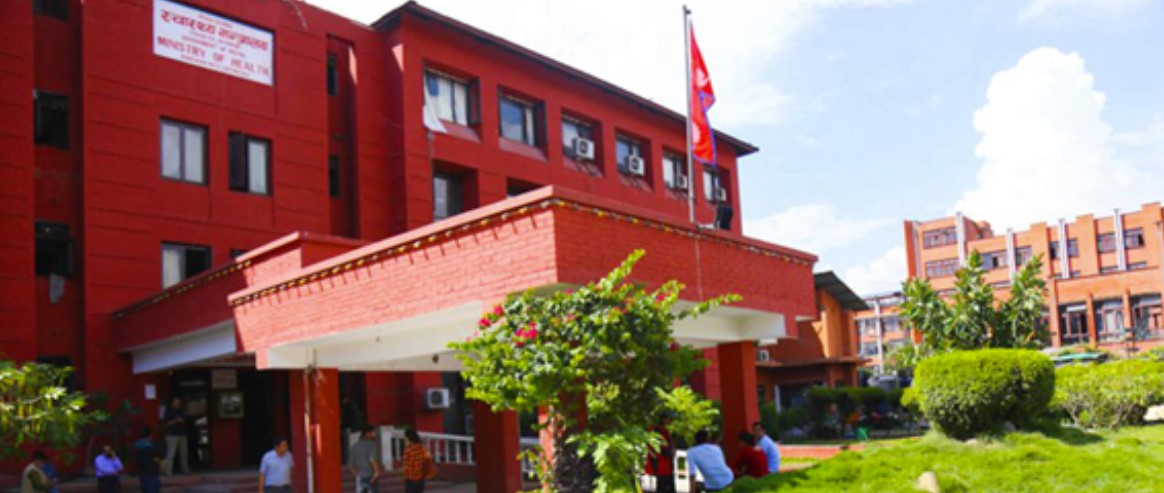
A healthy digestive system is essential for a healthy body, and it starts with the proper cleansing of the stomach every morning. However, constipation has become a common problem affecting everyone, from children to the elderly. While having an occasional issue with clearing your stomach might seem like a normal occurrence, if it persists, it can lead to severe health complications. Constipation can cause symptoms like bloating, acidity, indigestion, headache, and fatigue in the body.
What is Constipation?
Constipation occurs when it becomes difficult to pass stools regularly, the stool becomes hard and dry, and the stomach is not emptied in a timely manner. Generally, if a person has fewer than three bowel movements per week, it indicates constipation. Constipation can range from mild to severe. Sometimes, changes in diet can cause constipation, but if it persists for a long time, it can lead to serious health issues. Chronic constipation can increase the risk of hemorrhoids, anal fissures, and irritable bowel syndrome (IBS).
What Causes Constipation?
Low Fiber Intake: A lack of fiber in the diet can lead to constipation. Fiber helps absorb water, making the stool softer and easier to pass.
Dehydration: When the body is dehydrated, stools become dry and hard, making it difficult to pass.
Ignoring the Urge to Defecate: Many people ignore the urge to defecate due to their busy lifestyles. However, frequently postponing bowel movements causes the stool to dry out, worsening constipation.
Irregular Lifestyle: A lack of exercise, irregular eating habits, staying up late, and mental stress can all affect the digestive system.
Irritable Bowel Syndrome (IBS): People suffering from IBS experience constipation, bloating, gas, and stomach pain.
Effects of Medications: Certain medications, such as painkillers, antidepressants, and anti hypertensive medications, can cause constipation.
How to Solve Constipation Issues?
Increase Fiber Intake: Foods rich in fiber, such as whole wheat, green vegetables, apples, bananas, carrots, chickpeas, beans, and seeds, should be included in the diet.
Drink Plenty of Water: It is essential to drink at least 8–10 glasses of water a day. Drinking warm water first thing in the morning can help reduce constipation.
Exercise Regularly: Light exercises, yoga, or walking daily can improve digestion and help prevent constipation.
Establish a Regular Bowel Routine: Ignoring the urge to defecate worsens constipation. Developing the habit of going to the bathroom at the same time every day, especially in the morning, can help.
Reduce Stress: People under significant stress are more likely to experience constipation. Practices like meditation, yoga, or mindfulness can help calm the mind and reduce stress.
Dr. Arun Kumar Singh is a renowned pediatrician and Associate Professor at BP Koirala Institute of Health Sciences. With extensive experience in child healthcare, Dr. Singh is also the author of the book “Doctor’s Friend for Children,” a valuable resource for parents and caregivers. His dedication to pediatric care and education has made him a trusted figure in the field.
Dr. Arun Kumar Singh
Published: March 5, 2025









